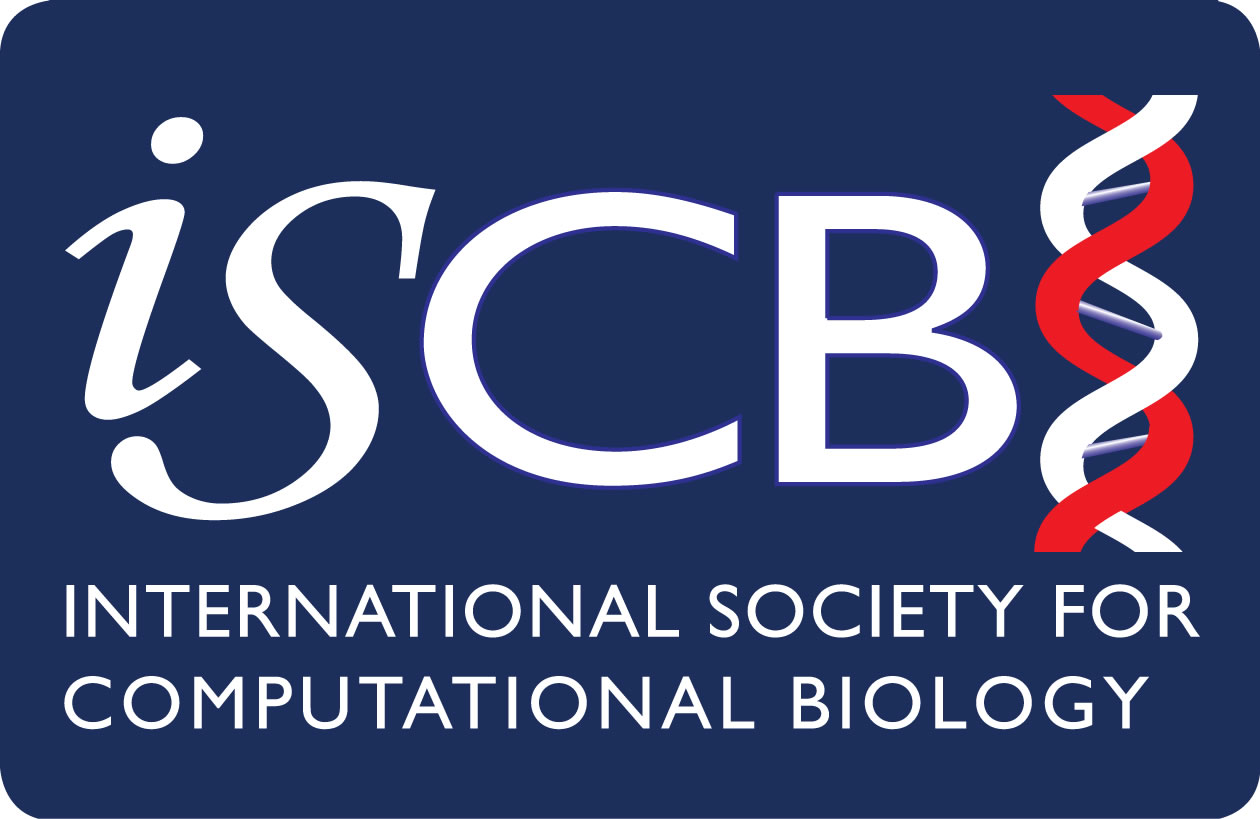|
November 12, 2020 at 11:00 AM EST, The Illusion of Inclusion — The “All of Us” Research Program and Indigenous Peoples’ DNA by Keolu Fox, hosted by ISCB
Raw data, including digital sequence information derived from human genomes, have in recent years emerged as a top global commodity. This shift is so new that experts are still evaluating what such information is worth in a global market. In 2018, the direct-to-consumer genetic-testing company 23andMe sold access to its database containing digital sequence information from approximately 5 million people to GlaxoSmithKline for $300 million. Earlier this year, 23andMe partnered with Almirall, a Spanish drug company that is using the information to develop a new antiinflammatory drug for autoimmune disorders. This move marks the first time that 23andMe has signed a deal to license a drug for development.
Eighty-eight percent of people included in large-scale studies of human genetic variation are of European ancestry, as are the majority of participants in clinical trials. Corporations such as Geisinger Health System, Regeneron Pharmaceuticals, AncestryDNA, and 23andMe have already mined genomic databases for the strongest genotype–phenotype associations. For the field to advance, a new approach is needed. There are many potential ways to improve existing databases, including “deep phenotyping,” which involves collecting precise measurements from blood panels, questionnaires, cognitive surveys, and other tests administered to research participants. But this approach is costly and physiologically and mentally burdensome for participants. Another approach is to expand existing biobanks by adding genetic information from populations whose genomes have not yet been sequenced — information that may offer opportunities for discovering globally rare but locally common population-specific variants, which could be useful for identifying new potential drug targets.
|





